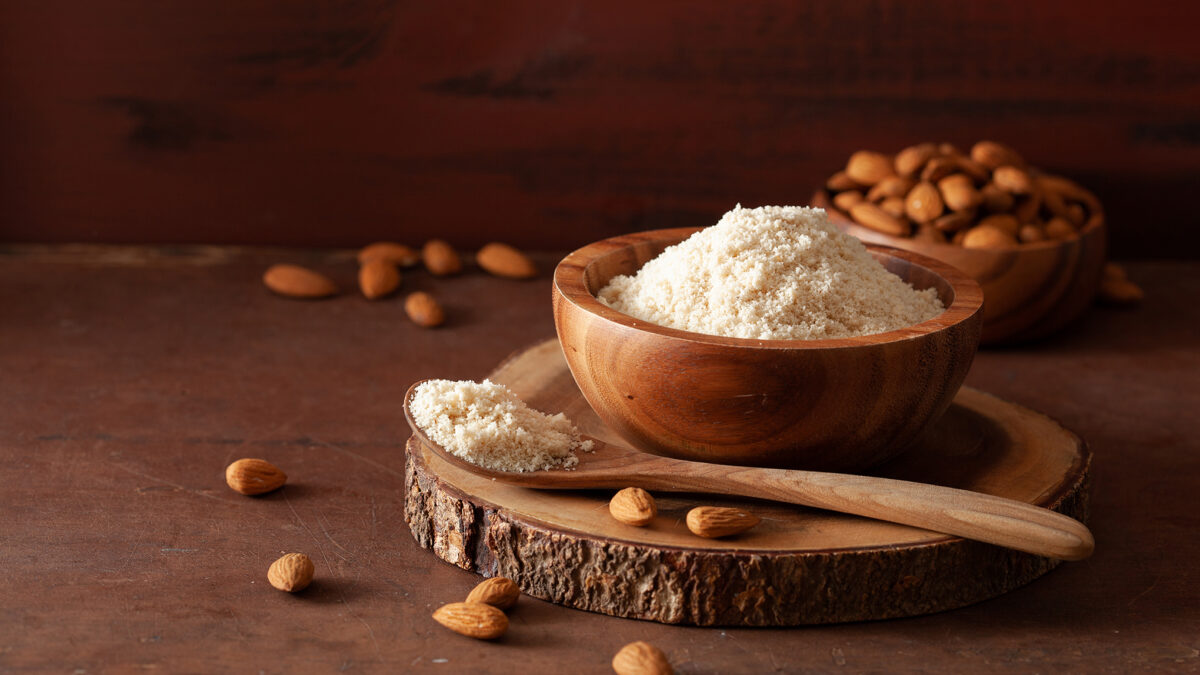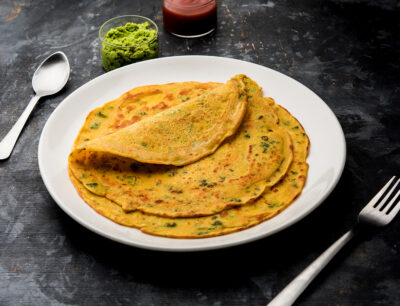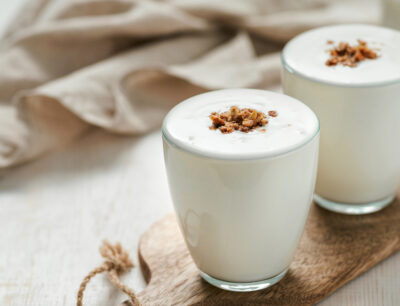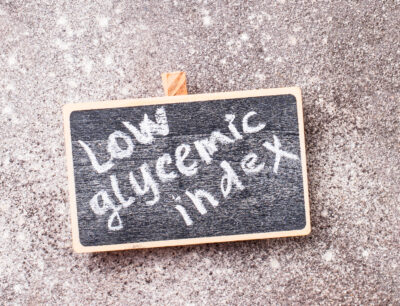
Gluten Free Diet
Gluten Free Diet
A trend that has recently attracted a lot of attention!
Is gluten free good or bad for your health? Many of us seem skeptical about it. However before choosing a particular lifestyle some reading about it is a must.
Gluten Free Diet!
When we mix wheat flour with water, it becomes sticky and gains a glue-like texture. This happens because of the presence of a protein called gluten. While most of us could enjoy our bread without worries, a large portion of the world’s population suffers from gluten intolerance, making it necessary for them to observe a gluten-free diet.
What is Gluten?
Gluten is a type of protein found in grains. Wheat is one of the most commonly consumed grains that contains gluten. Other gluten-containing grains are rye, barley, and triticale.
The protein (Gluten) got its name from the glue-like texture that a dough reaches because of the presence of gluten in it. It helps the dough rise and gives breads a chewy texture.
What makes Gluten bad for some people?
For some, the body sees gluten as a problem and begins to fight against it. This attack on gluten affects the thin lining of the gut, damaging the digestive system and increasing the risks of other diseases related to poor digestion.
Celiac disease (An autoimmune disorder) is one of the health conditions in which people suffer from severe gluten intolerance. People who do not have Celiac disorder may also suffer from Gluten intolerance. However at this time, researchers do not have accurate statistics about the number of people who suffer from gluten sensitivity.
Can I consume Gluten if I don’t have Celiac Disease?
Yes, you can consume gluten if you don’t have Celiac disease, but if your body shows symptoms of gluten sensitivity or wheat intolerance, then you must move to a gluten-free diet. Symptoms of gluten sensitivity include:
- Diarrhea
- Somach Pain
- Bloating
- Tiredness
What Should I exclude in a Gluten Free Diet?
Gluten containing grains and all products made from these grains must be excluded fom a gluten free diet. These grains are:
- Wheat (all types)
- Rye
- Barley
- Triticale
Anything made with the above should be avoided. This includes pasta, bread, cookies, biscuits, crackers, baked foods, and snacks. Non-gluten containing foods that have been processed in factories that process gluten-containing foods should also be avoided if you suffer from gluten intolerance. Additionally, there are some processed foods that may use gluten-containing ingredients, like malt, and modified food starch, one must watch out for.
You can eat all fruits and vegetables but remember to check the ingredients in canned, frozen and dried fruits. If you are buying chopped fruits and vegetables, then check for cross-contamination. Also, make sure that you specifically ask for gluten-free preparations in restaurants because meat rubs, sauces, and marinades may contain gluten.
A part of the Gluten Free World
Develop a healthy gluten-free diet which is rich and diverse in nutrients. While gluten is naturally found in a small group of foods, gluten-containing ingredients are used widely in many food products. Following a gluten-free diet will have you gravitating towards a “healthier me”.
We the Quali Clan have jotted down a list of grains, starches and flours to help you choose the right gluten free nutrition.
- Amaranth
- Buckwheat
- Flax
- Millet
- Quinoa
- Rice, including wild rice
- Sorghum
- Tapioca
- Gluten-free flours – Amaranth, water chestnut, oats, rice, soy, corn, bean flour etc.
For your knowledge
A gluten-free diet is necessary for people with celiac disease, but it can also benefit anyone else who suffers from gluten sensitivity and even irritable bowel syndrome.
Enjoy the wide range of gluten free options available at Qualinut.
**We at Qualinut love to keep our customers updated with the right knowledge and the latest trends. Stay tuned for more.
#guthealth


